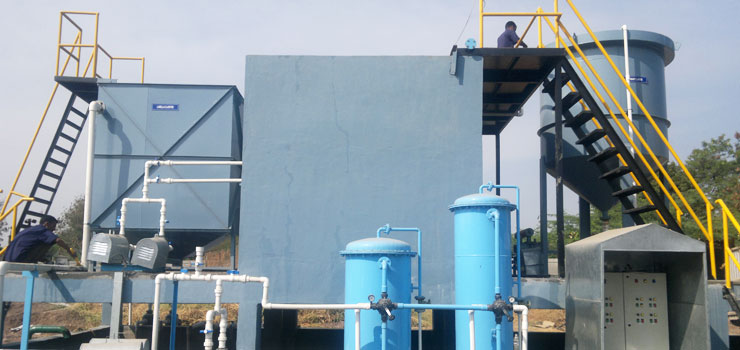Effluent Wastewater Treatment Dealers in Bangalore

Contact : +91994567706
Effluent Wastewater Treatment: An Essential Guide to Sustainable Practices
Effluent wastewater treatment is a critical process in managing and mitigating the impact of industrial and municipal waste on our environment. This process involves the treatment of wastewater from various sources, such as factories, sewage systems, and agricultural runoff, to remove contaminants and pollutants before the water is released back into the environment or reused. Effective wastewater treatment is essential for protecting water quality, public health, and ecosystems.
What is Effluent Wastewater?
Effluent wastewater refers to used water that has been discharged from industrial processes, domestic activities, or other sources. This water often contains a mixture of organic and inorganic pollutants, including chemicals, nutrients, and pathogens, which can pose significant risks if not properly treated.
The Importance of Effluent Wastewater Treatment
-
Environmental Protection: Untreated or inadequately treated wastewater can lead to water pollution, harming aquatic life and disrupting ecosystems. Proper treatment helps to reduce the concentration of harmful substances, preventing the degradation of natural water bodies.
-
Public Health: Contaminated water can lead to the spread of diseases and health issues. By treating wastewater effectively, the risk of waterborne illnesses is significantly reduced, ensuring safer water for communities.
-
Regulatory Compliance: Many countries have stringent regulations regarding wastewater discharge. Effective treatment ensures compliance with these regulations, avoiding legal penalties and contributing to environmental sustainability.
-
Resource Recovery: Modern wastewater treatment processes often include methods for recovering valuable resources, such as nutrients and energy, which can be repurposed for agricultural or energy use.
Key Processes in Effluent Wastewater Treatment
-
Primary Treatment: This initial stage involves the physical removal of large solids and particulate matter from wastewater through screening and sedimentation. The goal is to reduce the load on subsequent treatment stages.
-
Secondary Treatment: This biological process breaks down organic matter using microorganisms. Aerobic bacteria consume the organic pollutants, converting them into simpler compounds. This stage significantly reduces the biochemical oxygen demand (BOD) of the wastewater.
-
Tertiary Treatment: The final stage of treatment aims to remove remaining contaminants, including nutrients like nitrogen and phosphorus. Techniques such as filtration, chemical treatment, and advanced oxidation processes are employed to achieve high-quality effluent.
-
Disinfection: To ensure that the treated water is free from pathogens, disinfection methods such as chlorination, ultraviolet (UV) light, or ozonation are used. This step is crucial for protecting public health and preventing the spread of diseases.
Emerging Technologies and Innovations
Advancements in wastewater treatment technologies are continuously improving efficiency and effectiveness. Some notable innovations include:
- Membrane Bioreactors (MBR): Combining biological treatment with membrane filtration, MBRs offer high-quality effluent and compact system design.
- Advanced Oxidation Processes (AOPs): These processes use powerful oxidants to break down complex organic pollutants, enhancing treatment performance.
- Resource Recovery: Technologies for recovering energy (e.g., biogas) and nutrients (e.g., phosphorus) from wastewater contribute to sustainability and reduce environmental impact.
Conclusion
Effluent wastewater treatment is a vital component of modern environmental management and public health protection. By employing a combination of primary, secondary, and tertiary treatment processes, and embracing new technologies, we can effectively manage wastewater, safeguard our water resources, and support sustainable development. Investing in robust wastewater treatment infrastructure and staying abreast of technological advancements are essential for addressing the growing challenges of wastewater management and ensuring a cleaner, healthier environment for future generations.
